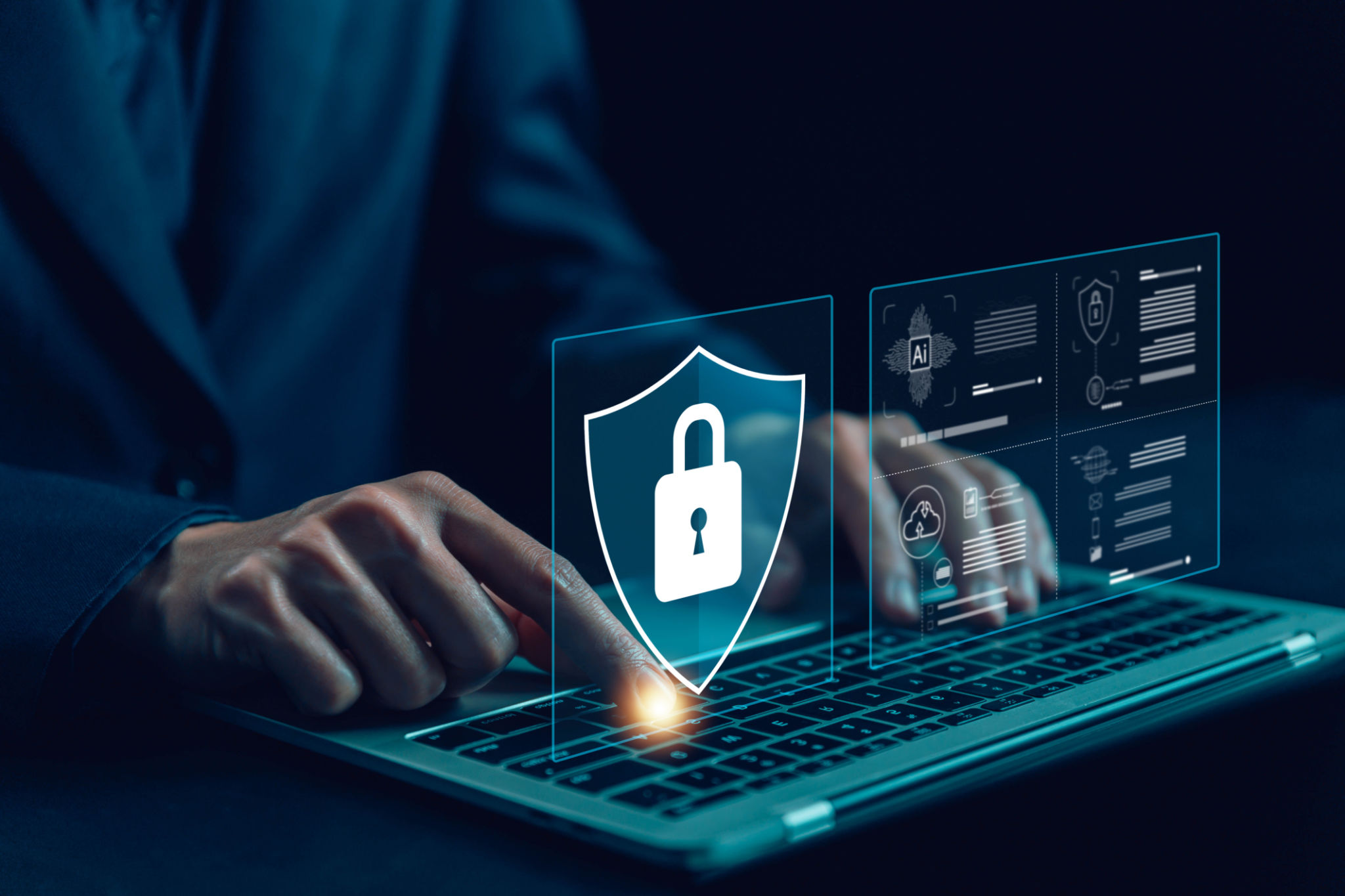Top Cybersecurity Trends Every Business Owner Should Know
Understanding the Current Cybersecurity Landscape
In today's digital age, cybersecurity has become a critical concern for businesses of all sizes. As technology advances, so do the tactics of cybercriminals, making it essential for business owners to stay informed about the latest cybersecurity trends. Understanding these trends can help protect your business from potential threats and ensure the safety of your data.

Increased Focus on Data Privacy
Data privacy has emerged as a top priority in the realm of cybersecurity. With regulations like GDPR and CCPA, businesses must ensure they are compliant with data protection laws. This trend highlights the need for robust data management practices and transparent policies regarding data collection and usage.
Moreover, consumers are becoming more aware of their digital rights and are demanding more control over their information. Businesses that prioritize data privacy not only comply with regulations but also build trust with their customers.
Rise of Artificial Intelligence in Cybersecurity
Artificial Intelligence (AI) is revolutionizing cybersecurity by providing advanced tools for threat detection and prevention. AI-powered solutions can analyze large volumes of data to identify patterns and detect anomalies, enabling quicker responses to cyber threats. This trend is critical as cyberattacks become more sophisticated and frequent.

However, AI is a double-edged sword. While it aids in defense, it is also being used by cybercriminals to launch more complex attacks. Businesses must stay ahead by implementing AI-driven security measures to protect their digital assets.
Remote Work and Cloud Security
The shift towards remote work has accelerated due to recent global events, making cloud security a significant concern. With employees accessing company networks from various locations, securing cloud environments is paramount. Businesses need to implement strong authentication processes and ensure that their cloud service providers adhere to high-security standards.
Adopting a zero-trust model, which assumes that threats could be internal or external and verifies all access requests, can greatly enhance cloud security.

Growing Threat of Ransomware
Ransomware attacks have seen a dramatic increase, targeting businesses of all sizes. These attacks encrypt critical data and demand payment for its release, causing significant operational disruptions. Investing in regular data backups and employee awareness training can mitigate the impacts of such attacks.
Businesses should also consider implementing endpoint protection systems that can detect and block ransomware attempts before they cause harm.
Securing the Internet of Things (IoT)
The proliferation of IoT devices in business environments presents new security challenges. These devices often lack robust security features, making them vulnerable entry points for cyber threats. Businesses must ensure that IoT devices are secured and regularly updated with the latest firmware.

Creating a separate network for IoT devices and monitoring their traffic can help prevent unauthorized access and potential data breaches.
Adapting to Evolving Cyber Threats
As cyber threats continue to evolve, businesses must remain vigilant and proactive in their cybersecurity efforts. Staying informed about the latest trends and implementing comprehensive security strategies can safeguard your business against potential risks. Prioritizing cybersecurity not only protects your assets but also promotes trust and reliability with your clients.
